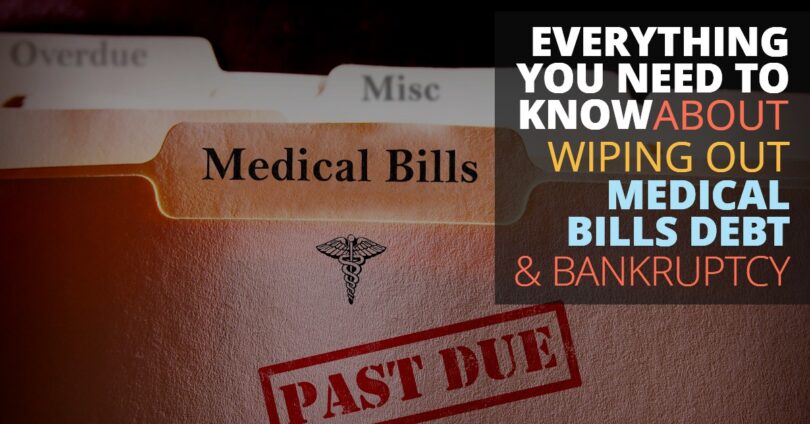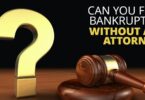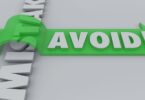According to recent studies, medical bills are the major cause of individual bankruptcy filings in America.
In an article written by Lorie Konish for CNBC.COM summarizing the recent studies, two-thirds of people who file for bankruptcy cite medical issues as a key contributor to their financial downfall.
As long as the insurance industry controls medical care in this country, this will continue to be true.
Medical Debt Is Dischargeable In Bankruptcy
The good news is that you can eliminate medical bills in a bankruptcy case.
Medical debts are no different than any other standard unsecured debt.
An unsecured debt is any debt that is not secured by collateral (such as a mortgage debt on a house or car loan).
As long as the debt was not incurred through fraud, medical debt can be eliminated by a bankruptcy filing. This is same as credit cards and other unsecured loans.
Perhaps you used your credit cards to pay the medical bills. Those can also be discharged in a bankruptcy case.
What If You Don’t Know To Whom The Medical Debts Are Owed?
Typically when medical debts are incurred, there are numerous doctors and facilities involved. The bills trickle in over a period of months, and sometimes years.
Do you have to wait to file bankruptcy until you receive all the bills?
Not always.
The discharge will cover debts owed on the date the bankruptcy case is filed. So if you have had the medical services/procedures rendered already, then bankruptcy will cover the eventual amounts owed.
In a California Chapter 7 bankruptcy case,
See more about Chapter 7where no assets are being distributed, the discharge of debts will cover all debts owed on the date the case is filed, regardless of whether or not the creditor was listed or received notice of the bankruptcy case.
By contrast, in a Chapter 13 case (or a Chapter 7 case in which assets are being disbursed) the creditor will need to actually receive notice of the bankruptcy filing in order for the debt to be discharged.
Which Chapter you need, or are eligible, to file depends on a number of different factors and can only be determined after a comprehensive consultation with an experienced bankruptcy attorney.
What If I Don’t File Bankruptcy On My Medical Bills?
As with any creditor, if you do not pay the debt when it is due, the creditor can begin collection actions against you.
This usually starts with the daily phone calls and notices regarding payment.
Eventually they will file a lawsuit against you to obtain a judgment which can then be used to:
- garnish wages
- seize funds (levy) money in your bank accounts
- put liens against property that you own.
You can, of course, try to negotiate payment plans and seek discounts on the amounts owed. But you should always have a bankruptcy attorney analyze your situation and explain your options so you can see all available alternatives before deciding what is best for you.
Reference:
bklaw.com







